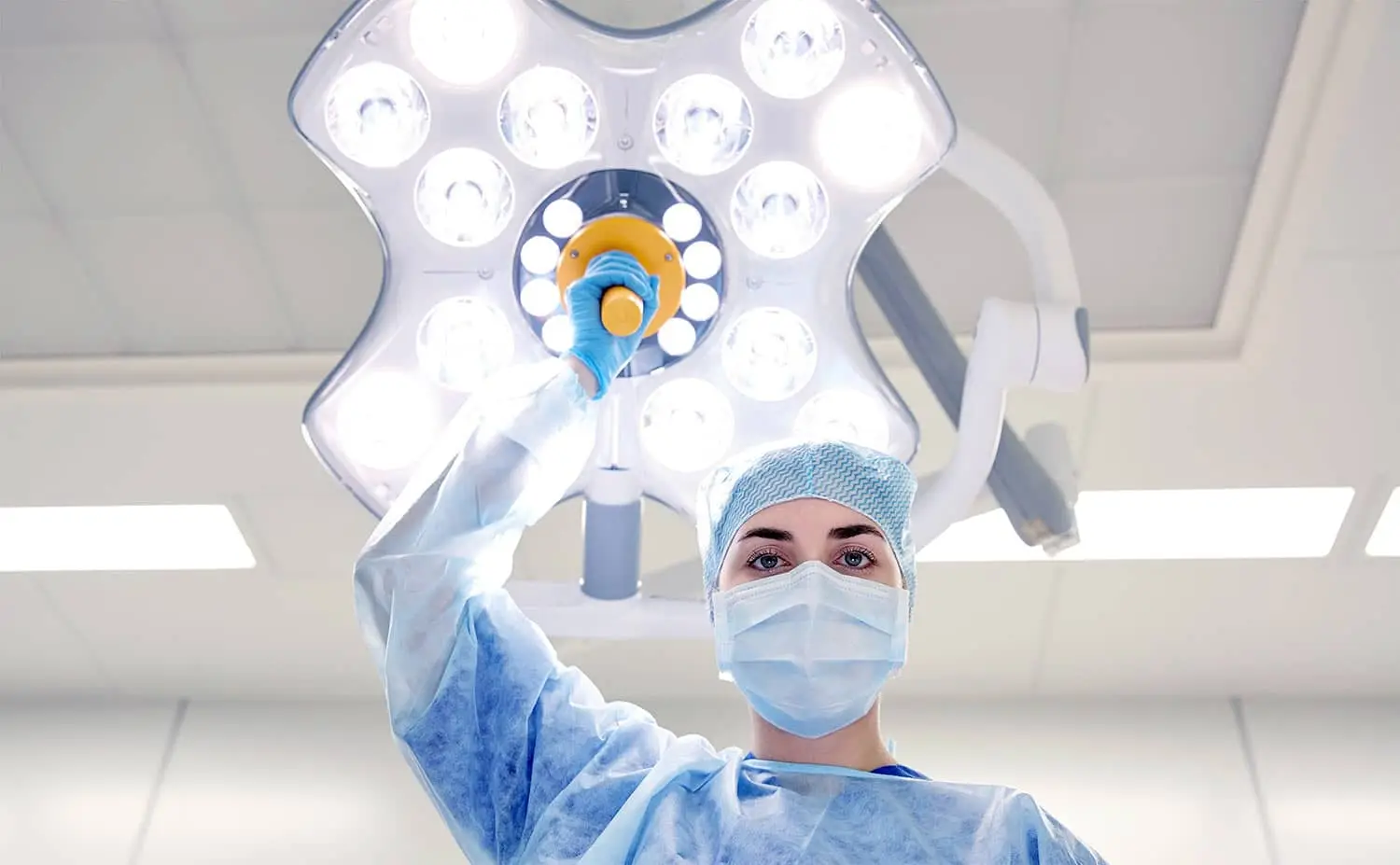Address
304 North Cardinal St.
Dorchester Center, MA 02124
Work Hours
Monday to Friday: 7AM - 7PM
Weekend: 10AM - 5PM
Address
304 North Cardinal St.
Dorchester Center, MA 02124
Work Hours
Monday to Friday: 7AM - 7PM
Weekend: 10AM - 5PM

In the evolving landscape of modern healthcare facilities, bridge pendants have emerged as indispensable fixtures, significantly enhancing operational efficiency and patient care. This blog explores the multifaceted roles, technological advancements, and practical applications of bridge pendants in medical settings.

In the evolving landscape of modern healthcare facilities, bridge pendants have emerged as indispensable fixtures, significantly enhancing operational efficiency and patient care. This blog explores the multifaceted roles, technological advancements, and practical applications of bridge pendants in medical settings.
Bridge pendants are sophisticated ceiling-mounted systems designed to streamline medical equipment and utilities in hospitals. They typically incorporate gas supply lines, electrical outlets, data ports, and lighting fixtures, all suspended from a track system that allows for adjustable positioning over patient beds or surgical areas.
The integration of bridge pendants in hospital settings represents a paradigm shift from conventional floor-based utility systems. By consolidating essential services into overhead installations, these pendants optimize space utilization, improve infection control measures, and facilitate smoother workflows for healthcare providers.
Bridge pendants are engineered with a range of features tailored to meet the diverse needs of medical environments. Key components include:
In surgical suites, bridge pendants play a pivotal role in supporting critical operations. They enable precise positioning of anesthesia delivery systems, surgical lights, and video monitors, enhancing surgical precision and reducing procedural complications. The ergonomic design of these systems minimizes physical strain on medical personnel, promoting safer and more efficient surgical practices.
Compared to traditional floor-mounted utility systems, bridge pendants offer several advantages:
Recent advancements in bridge pendant technology have focused on enhancing user interface design, integrating wireless connectivity options, and incorporating smart monitoring systems. These innovations enable real-time data capture, remote monitoring capabilities, and predictive maintenance alerts, thereby optimizing equipment performance and enhancing patient safety.
Numerous healthcare facilities worldwide have successfully implemented bridge pendant systems to improve patient outcomes and operational efficiencies. Case studies highlight their efficacy in diverse medical specialties, from intensive care units to emergency departments, demonstrating their adaptability and positive impact on clinical workflows.
The installation and maintenance of bridge pendants adhere to stringent regulatory standards to ensure patient safety and system reliability. Compliance with guidelines such as those set by the International Organization for Standardization (ISO) and local healthcare regulatory bodies is essential to mitigate risks and uphold quality standards in healthcare delivery.

| Feature | Traditional Systems | Bridge Pendants |
|---|---|---|
| Flexibility | Limited mobility | Adjustable positioning |
| Utility Integration | Separate installations | Consolidated services |
| Infection Control | Floor-based connections | Reduced infection risks |
| Maintenance Accessibility | Complex upkeep | Simplified maintenance access |
| Technological Integration | Basic functionalities | Smart features |
Bridge pendants represent a transformative innovation in healthcare infrastructure, combining functionality, flexibility, and safety to meet the evolving demands of modern medical practices. As healthcare facilities continue to embrace technological advancements, bridge pendants will play an increasingly pivotal role in enhancing patient care outcomes and operational efficiencies.
Q:How do bridge pendants enhance surgical procedures?
A:By providing centralized access to critical equipment and utilities, ensuring optimal conditions for surgical teams.
Q:What are the maintenance requirements for bridge pendants?
A:Regular inspections and preventive maintenance schedules are essential to ensure operational reliability and compliance with safety standards.
Q:Can bridge pendants be customized for specific hospital layouts?
A:Yes, modular designs and customization options allow bridge pendants to be tailored to fit various hospital configurations and specialty needs.
Q:Are bridge pendants cost-effective in the long term?
A:Despite initial investment costs, the operational efficiencies and reduced downtime associated with bridge pendants often result in long-term cost savings for healthcare facilities.